By Susan Lutz
In the hospital, I waited for my son to get out of a simple procedure; we’d be home by the end of the day. I looked at the counter, hoping for some coffee. And, there it was. Packaged. Flavor injected. Plastic. The K-cup – the new, killer coffee that’s killing the coffee with its convenient, single-serving delivery system. Coffee drinkers loaded up and bought them, about 9 billion a year, filling a need we didn’t even know we had.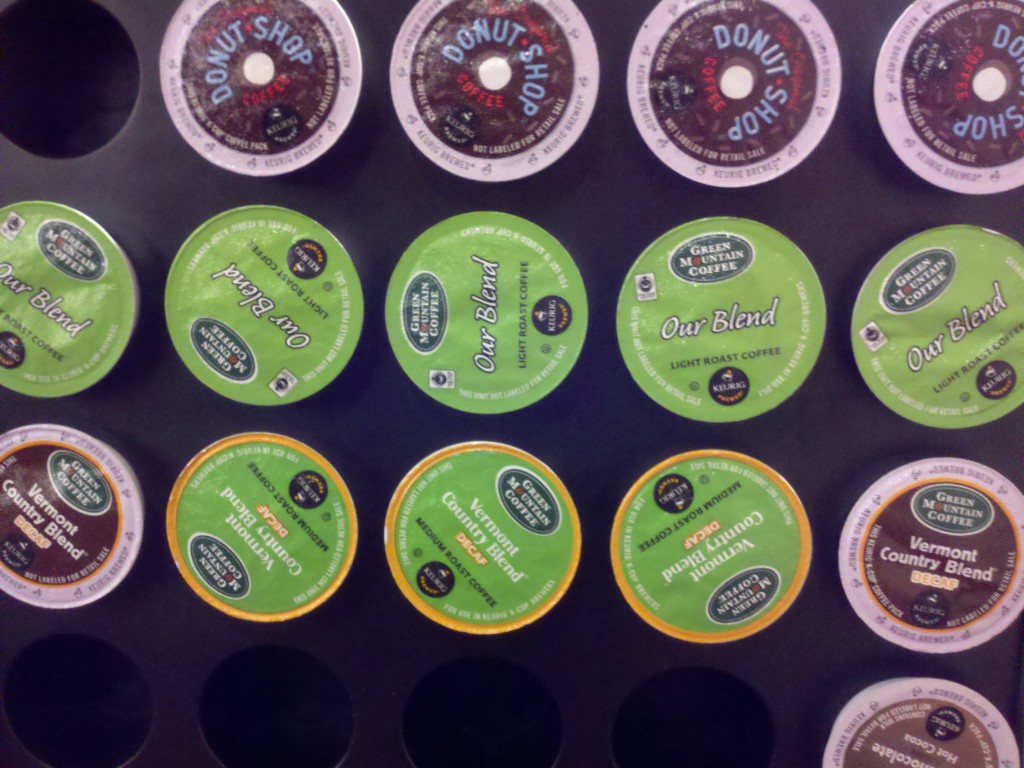
Billions of cups mean billions of little plastic, worthless-after-one use, go-in-the-trash cups. And the cost doesn’t seem to matter. Folgers coffee, in one of those K-cups, measures out to $50.00 a serving. For a few years, I owned a coffee shop; I wasn’t making that kind of margin. Even the priciest of coffees from the most exotic of places doesn’t garner that price.
The profit is not going to the farmers either. Is the coffee organic? Fair trade? Mostly no, though suppliers are putting out organic and fair trade. Our desire for this product is insatiable. I spent time with the people working the coffee fields. It’s a tough life. Many do not have medical coverage, are exposed to chemicals and treated poorly. Many are women and children. We love our coffee. We treat it almost as if it is a right rather than a privilege. Before the hospital waiting room, I had never seen these machines in action. I thought they were a 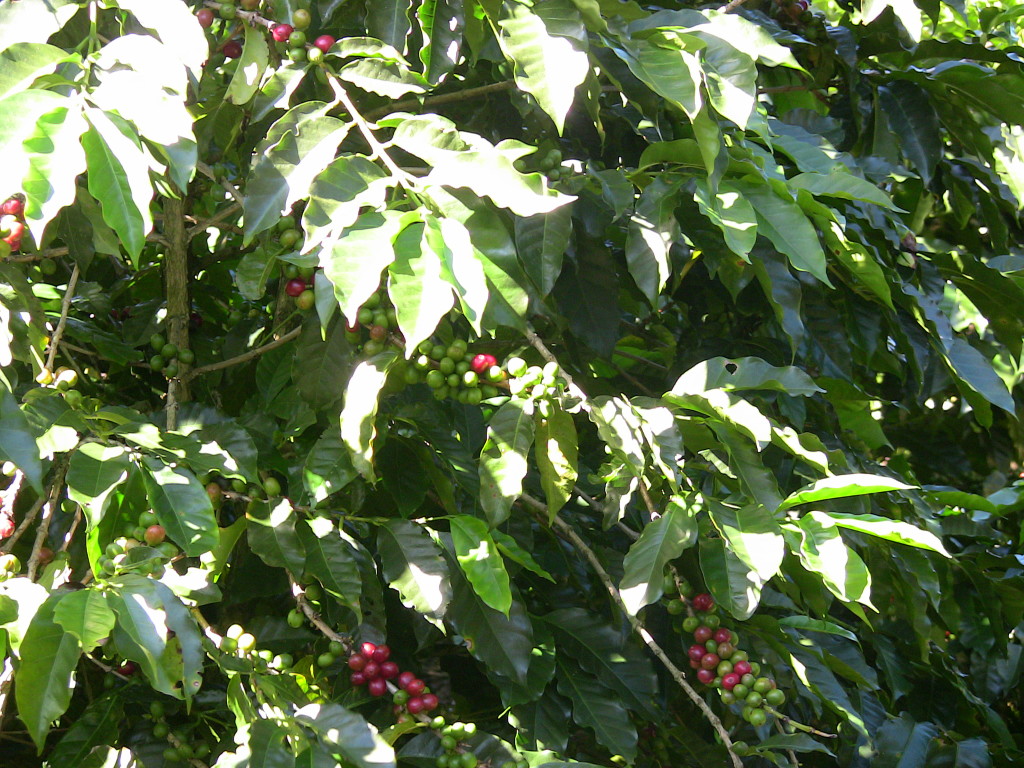 luxury. But, I lived in Central America where most things are luxuries, including roofs that don’t leak and enough food to feed a family.
luxury. But, I lived in Central America where most things are luxuries, including roofs that don’t leak and enough food to feed a family.
An hour went by as I waited for my son. I was hungry and the coffee looked so tempting. I put the K-cup into the spot, pushed a button and got just water. I walked down the hall to the bathroom and dumped out the water. I tried again and got the worst coffee I’d ever tasted. I went to the bathroom and dumped it out. When I threw away the little cup, I felt miserable. I had no coffee, I was in a hospital, and now I just added to the billions of little, non-recyclable trash mounding in landfills.
There’s a campaign to KILLTHEKCUP with a pretty intense video about the destruction of our planet from the killer K-cup. I saw an interview with Kevin Sullivan, chief technology officer at Keurig Green Mountain, maker of coffee machines on CBS Sunday Morning. He said the company was beginning to find ways to make the product recycle by 2020:
“We’ve been hard at work to solve that problem,” said Sullivan. “We introduced a system called Vue that has cups that are, in fact, recyclable. We have a company objective that everything will be recyclable by the year 2020. We certainly aren’t going to wait that long. I think we’re going to start that much sooner, and hopefully convert sooner than that.”
I was stunned. By 2020 the company will have little plastic k-cups that are recyclable? Do the math. Let’s say, for simplicity, 9 billion cups are sold a year, starting in 2015 and going until 2019 (we’ll just ignore the damage already done and we’ll ignore growth or decline in sales):
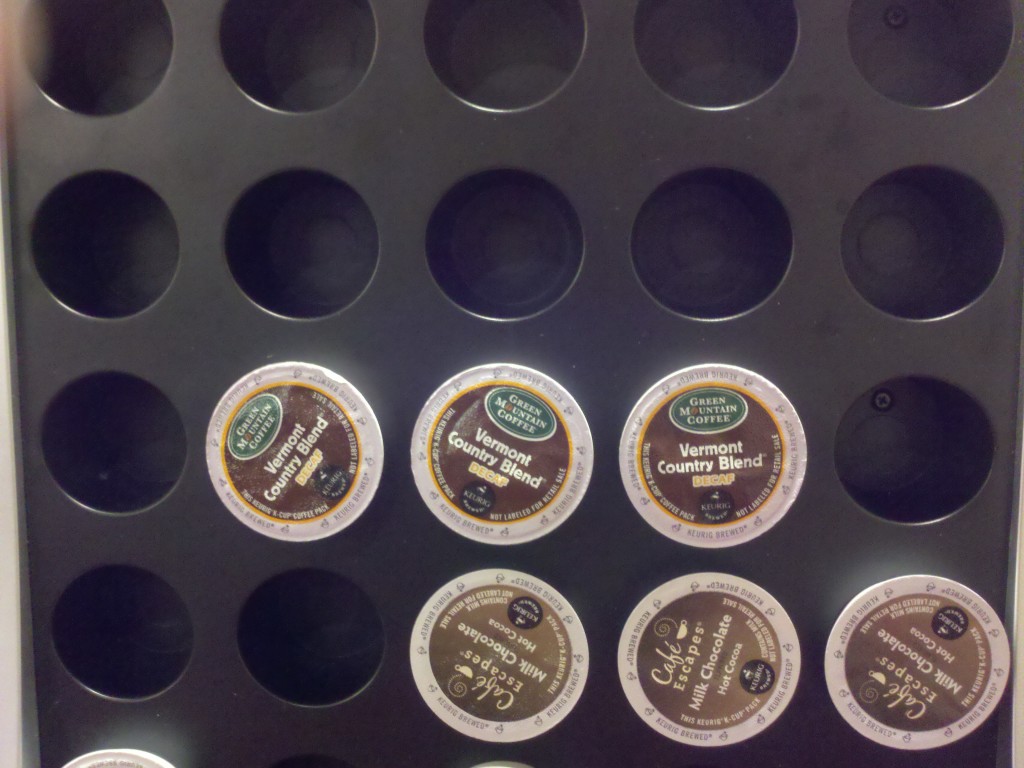 9 billion x 5 = 45 billion little, useless plastic cups filling up our needs to get something quick, fast, and with no regard for others. Getting the k-cup recyclable is, in this day and age, a non-negotiable item. But why after the fact? Why not create the product with some consciousness before the damage is done? Did Kevin Sullivan ever hear of climate change? We cause climate change in every choice we make. It’s not just the billowing smoke from factory smoke stacks. It’s us, our decisions to use or reuse or to choose sustainable with our spending power. There’s plenty of other single serving machines out there that cost the same or less than the Keurig coffee system. Are we that tight for time we can’t spend another minute tamping down a bit of coffee in a reusable machine?
9 billion x 5 = 45 billion little, useless plastic cups filling up our needs to get something quick, fast, and with no regard for others. Getting the k-cup recyclable is, in this day and age, a non-negotiable item. But why after the fact? Why not create the product with some consciousness before the damage is done? Did Kevin Sullivan ever hear of climate change? We cause climate change in every choice we make. It’s not just the billowing smoke from factory smoke stacks. It’s us, our decisions to use or reuse or to choose sustainable with our spending power. There’s plenty of other single serving machines out there that cost the same or less than the Keurig coffee system. Are we that tight for time we can’t spend another minute tamping down a bit of coffee in a reusable machine?
My son and I went home. He was sleepy, but up and playing like little kids do by early evening. I made a cup of coffee when I got home, a single, grounds-only, cup of coffee. It was worth the wait.
 Do the electric slide into an EV (electric vehicle), and plug into a greener way to travel. My guest this week, Seth Leitman, a/k/a Green Living Guy, brings his expertise on vehicles that are electrifying the roadways. From Ford Fusion to Mitsubishi to Tesla, we learn about how the car industry is heading towards a more electric future. Seth’s Green Guru Guides and soon to be videos, are great tools to help you become a more sustainable Earthling. For more information go to greenlivingguy.com
Do the electric slide into an EV (electric vehicle), and plug into a greener way to travel. My guest this week, Seth Leitman, a/k/a Green Living Guy, brings his expertise on vehicles that are electrifying the roadways. From Ford Fusion to Mitsubishi to Tesla, we learn about how the car industry is heading towards a more electric future. Seth’s Green Guru Guides and soon to be videos, are great tools to help you become a more sustainable Earthling. For more information go to greenlivingguy.com
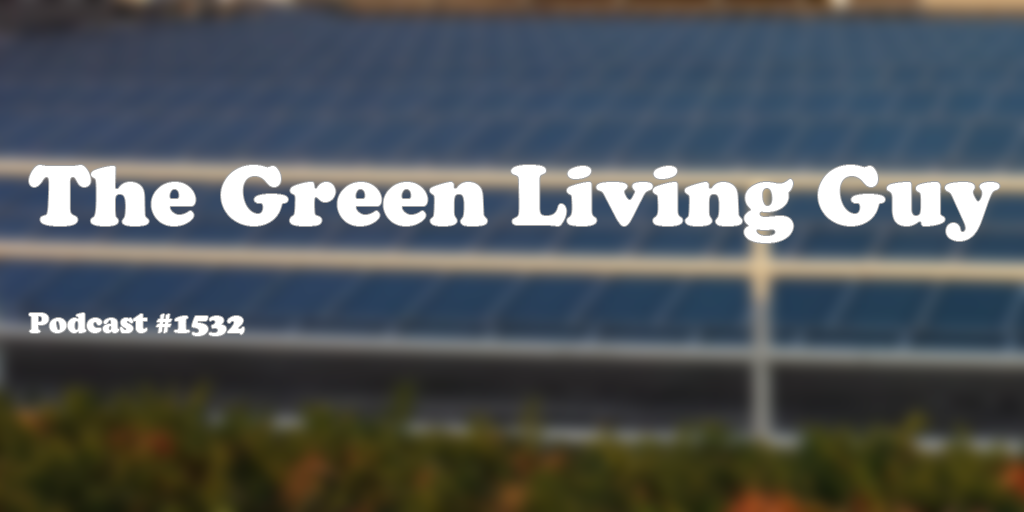
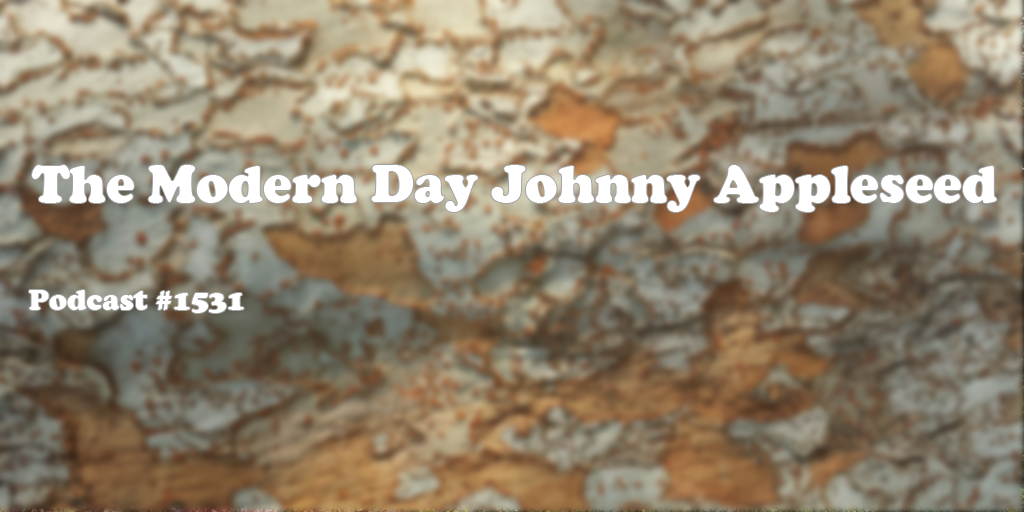
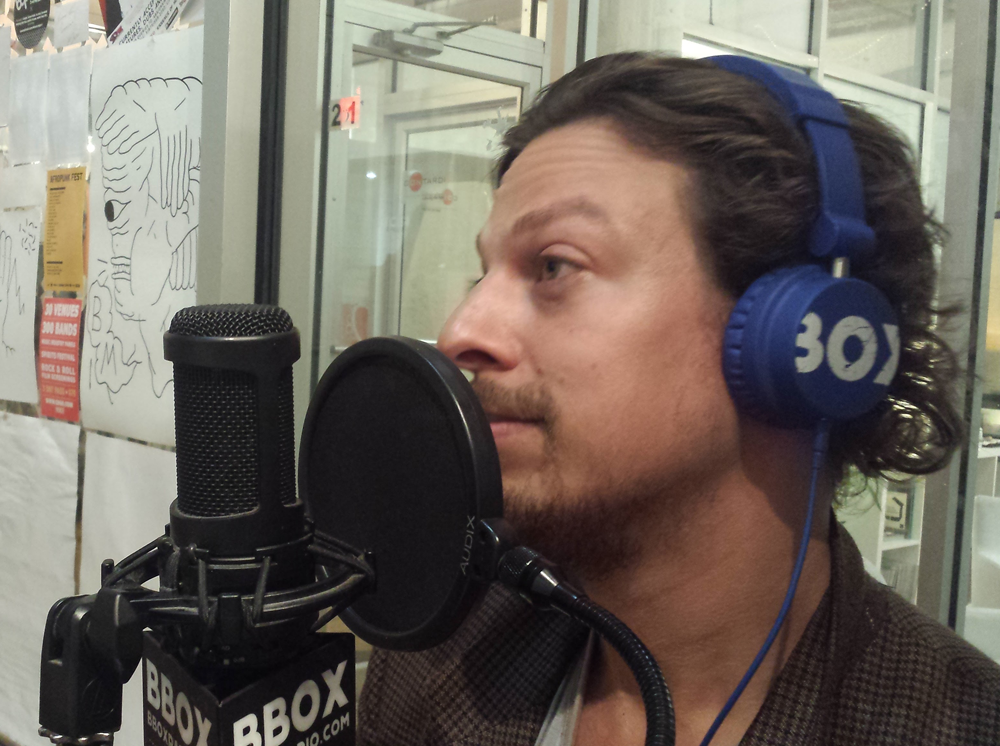
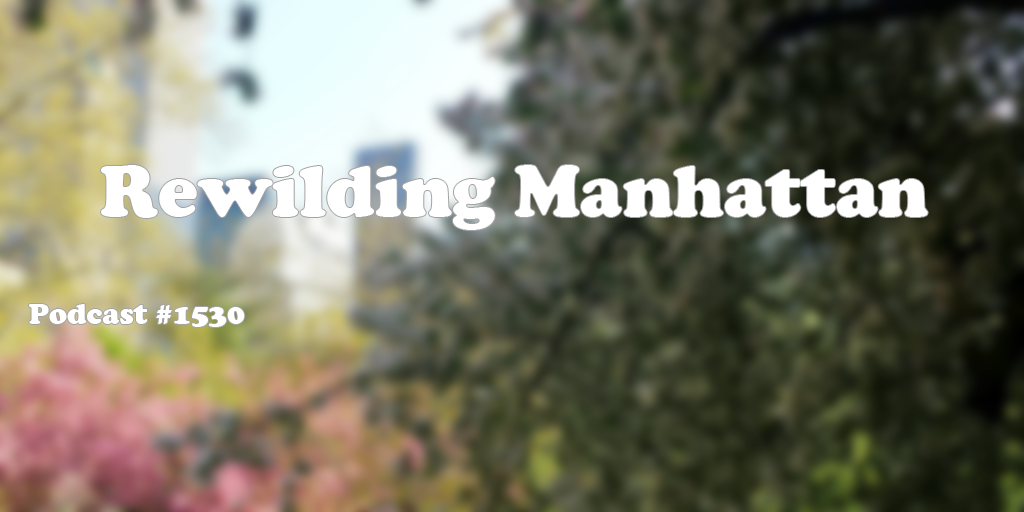
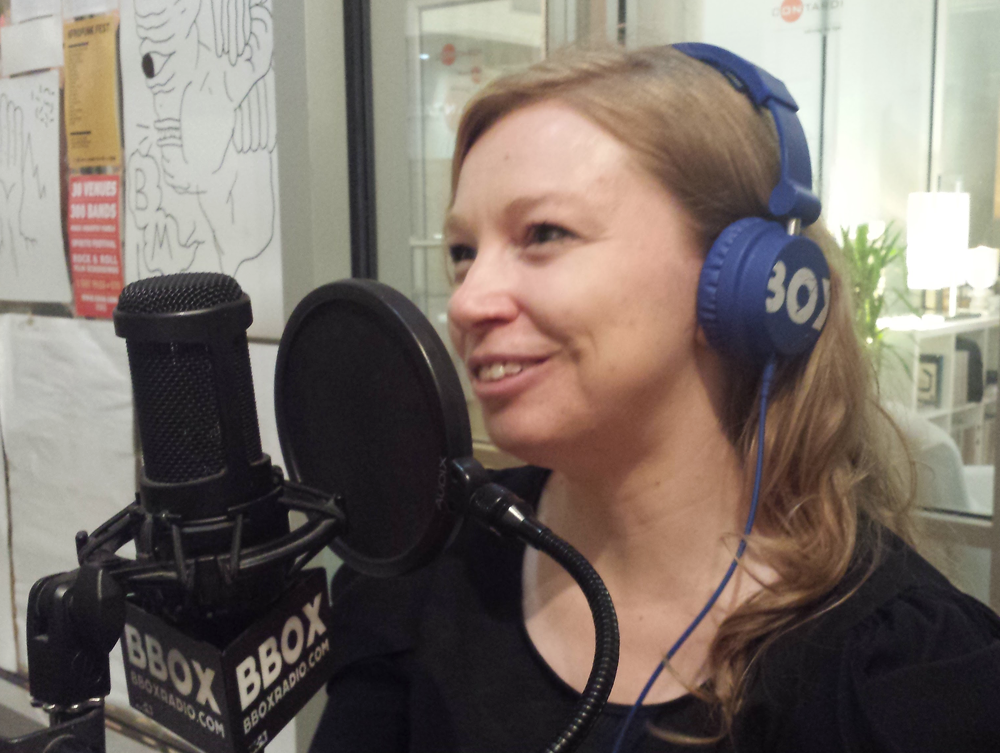
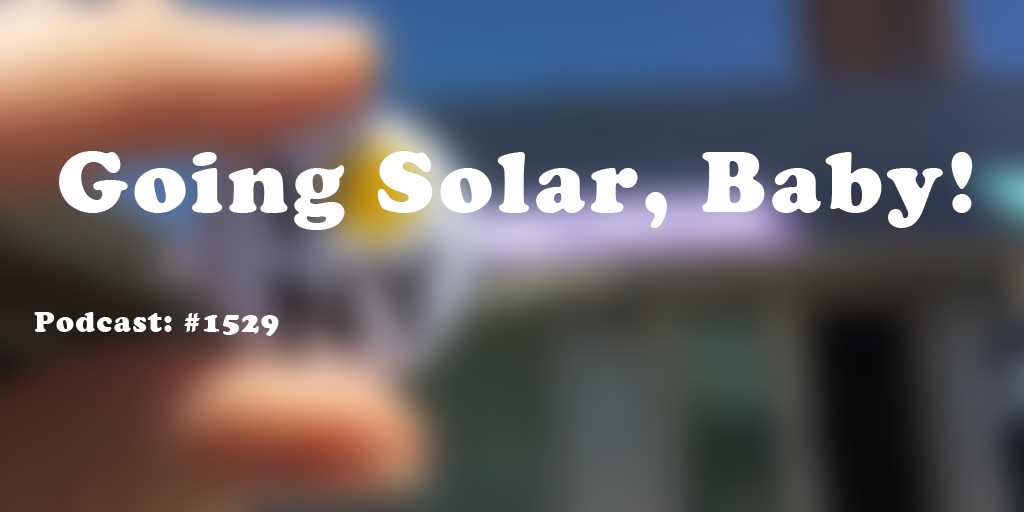
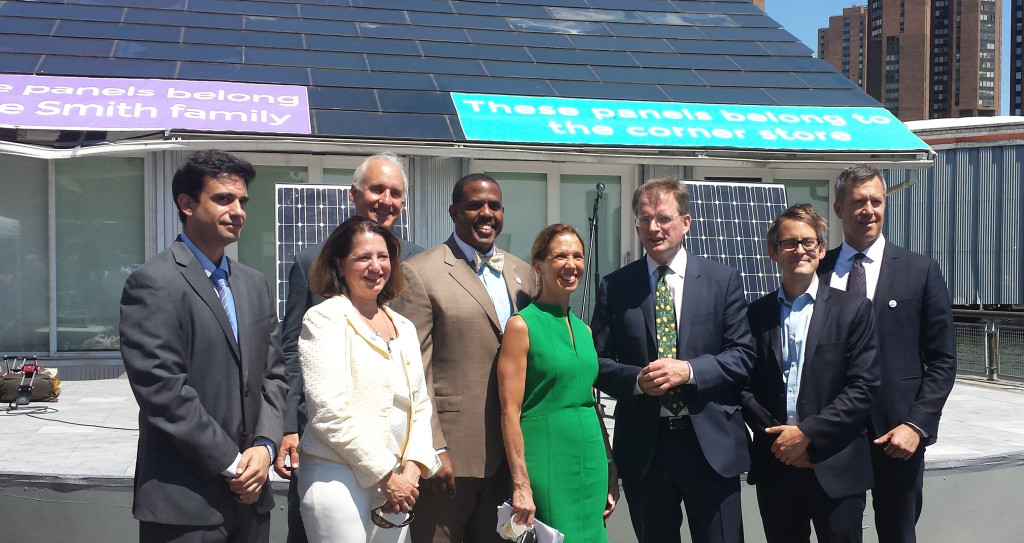 “Here comes the sun, here comes the sun and I say, it’s alright.” – George Harrison
“Here comes the sun, here comes the sun and I say, it’s alright.” – George Harrison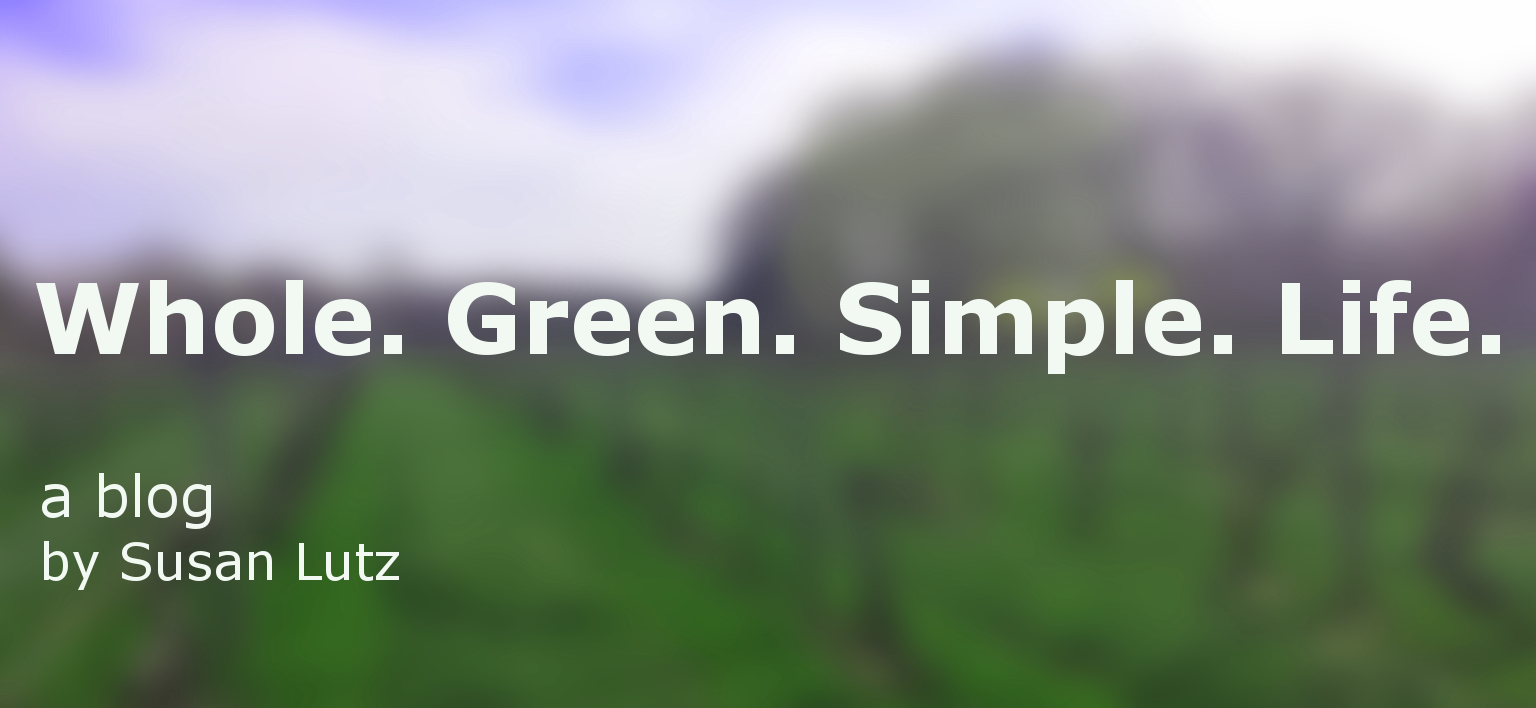

 luxury. But, I lived in Central America where most things are luxuries, including roofs that don’t leak and enough food to feed a family.
luxury. But, I lived in Central America where most things are luxuries, including roofs that don’t leak and enough food to feed a family. 9 billion x 5 = 45 billion little, useless plastic cups filling up our needs to get something quick, fast, and with no regard for others. Getting the k-cup recyclable is, in this day and age, a non-negotiable item. But why after the fact? Why not create the product with some consciousness before the damage is done? Did Kevin Sullivan ever hear of climate change? We cause climate change in every choice we make. It’s not just the billowing smoke from factory smoke stacks. It’s us, our decisions to use or reuse or to choose sustainable with our spending power. There’s plenty of other single serving machines out there that cost the same or less than the Keurig coffee system. Are we that tight for time we can’t spend another minute tamping down a bit of coffee in a reusable machine?
9 billion x 5 = 45 billion little, useless plastic cups filling up our needs to get something quick, fast, and with no regard for others. Getting the k-cup recyclable is, in this day and age, a non-negotiable item. But why after the fact? Why not create the product with some consciousness before the damage is done? Did Kevin Sullivan ever hear of climate change? We cause climate change in every choice we make. It’s not just the billowing smoke from factory smoke stacks. It’s us, our decisions to use or reuse or to choose sustainable with our spending power. There’s plenty of other single serving machines out there that cost the same or less than the Keurig coffee system. Are we that tight for time we can’t spend another minute tamping down a bit of coffee in a reusable machine?
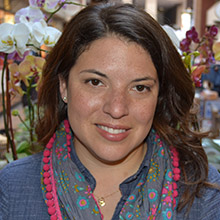 According the the Center for Disease Control and Prevention, childhood obesity has more than doubled in children and quadrupled in adolescents within the past 30 years. Enter the National Farm to School Network, which is working to bring local, fresh foods to school across the U.S., in an effort to reduce obesity, and bring healthy food choices to cafeteria menus. My guest this week is Jaime Lockwood, Development Director at the Farm to School Network, which helps connect local farmers with schools, chefs to cafeterias, and students to gardens. We talk about the importance of the Farm to School Act of 2015, and discuss how chefs inspire healthy eating, environmental awareness, and fitness via
According the the Center for Disease Control and Prevention, childhood obesity has more than doubled in children and quadrupled in adolescents within the past 30 years. Enter the National Farm to School Network, which is working to bring local, fresh foods to school across the U.S., in an effort to reduce obesity, and bring healthy food choices to cafeteria menus. My guest this week is Jaime Lockwood, Development Director at the Farm to School Network, which helps connect local farmers with schools, chefs to cafeterias, and students to gardens. We talk about the importance of the Farm to School Act of 2015, and discuss how chefs inspire healthy eating, environmental awareness, and fitness via 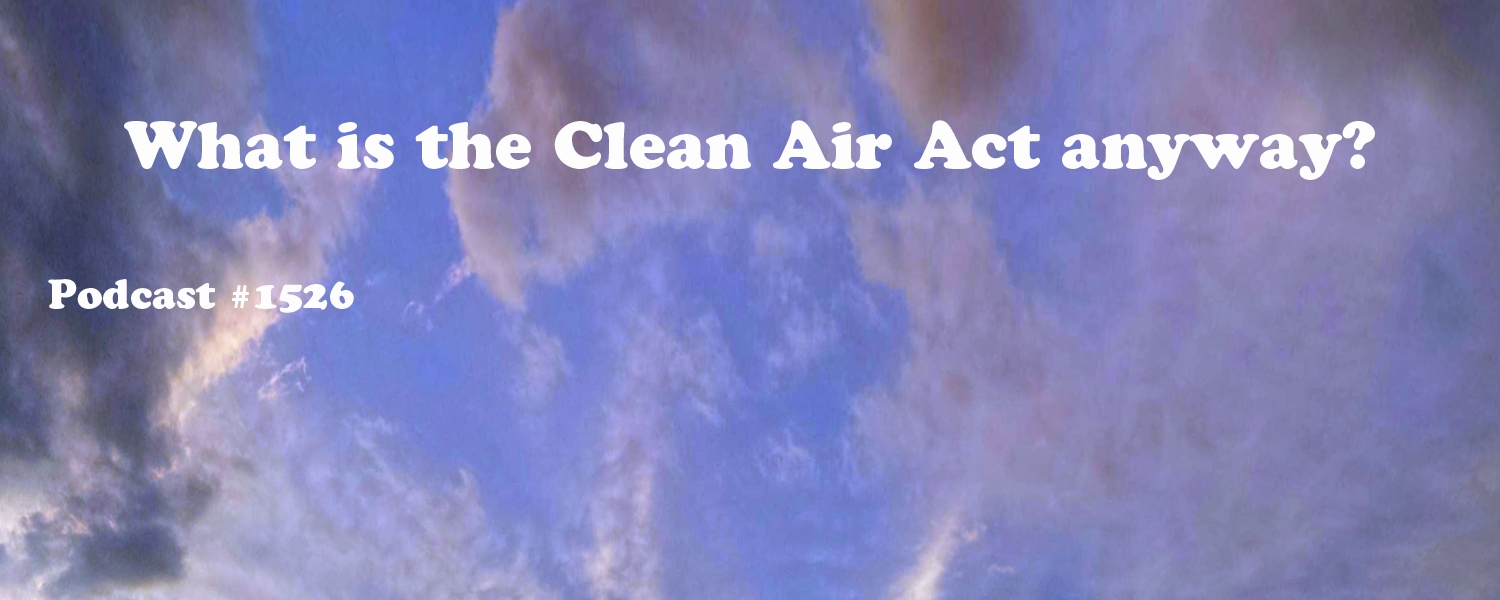
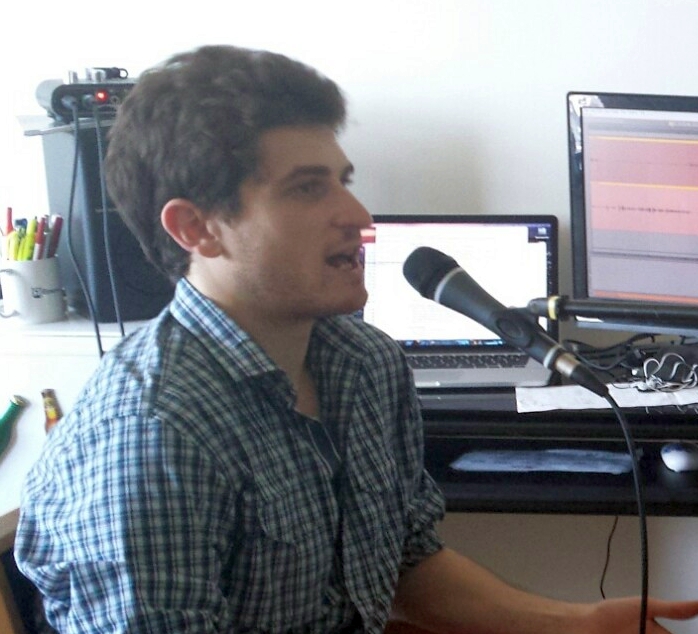 Why are environmental regulations important in helping reduce greenhouse gas emissions? The Clean Air Act and the Clean Power Standard Rule have been put into place to keep the air, land and water safe, in order to reduce the negative health effects of pollutants. Join me and my special guest, Elon D. Rubin, Esq., Environmental lawyer, entrepreneur, techie, musician and most importantly my awesome son, as we talk about the environmental regulatory process, and how citizens can participate in the process. The climate is changing, and we must be proactive in being resilient and adaptive to current and future climate challenges. For more information visit Edrlaw.com and epa.gov.
Why are environmental regulations important in helping reduce greenhouse gas emissions? The Clean Air Act and the Clean Power Standard Rule have been put into place to keep the air, land and water safe, in order to reduce the negative health effects of pollutants. Join me and my special guest, Elon D. Rubin, Esq., Environmental lawyer, entrepreneur, techie, musician and most importantly my awesome son, as we talk about the environmental regulatory process, and how citizens can participate in the process. The climate is changing, and we must be proactive in being resilient and adaptive to current and future climate challenges. For more information visit Edrlaw.com and epa.gov.
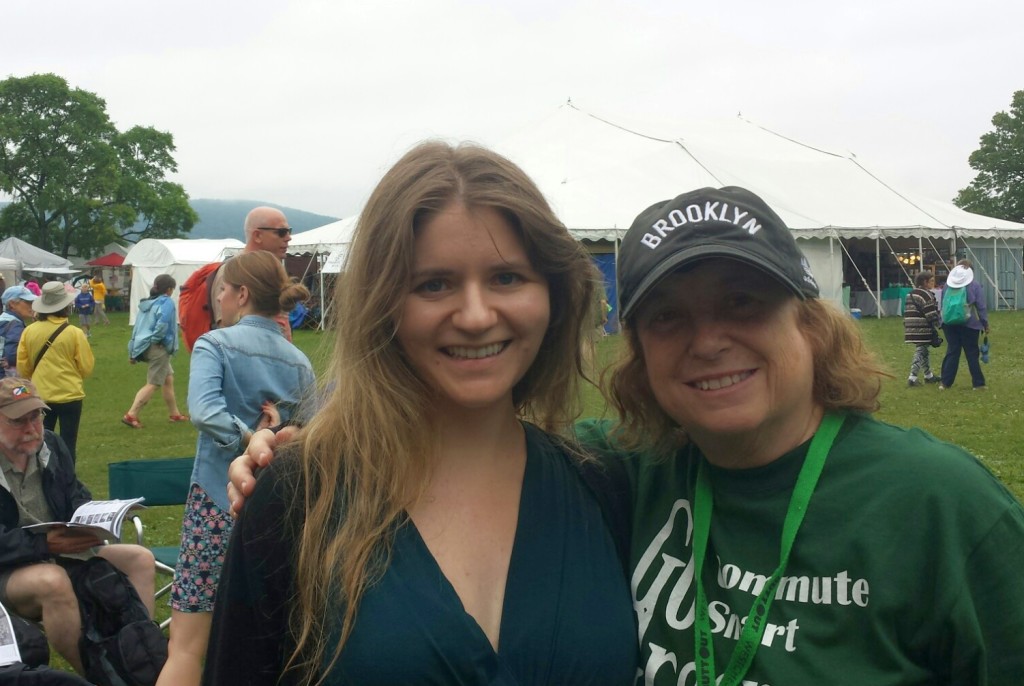 Neither rain, nor fog, nor soggy dew could dampen the spirit of the Clearwater 2015 Festival. We spoke to many environmental activists and green entrepreneurs who are creating ideas, and spreading the message about the need to be proactive stewards of Mother Earth. Music echoed throughout the festival, with many performers motivating the populace to take a stand and raise their voices on environmental and social justice issues. Music icon David Crosby, sang new songs with lyrics that commented on the nation’s current state of affairs, and implored people to email, call or show up at the offices of their elected officials and make some noise. Pete Seeger would have been proud to see his vision perpetuated. For more info go to
Neither rain, nor fog, nor soggy dew could dampen the spirit of the Clearwater 2015 Festival. We spoke to many environmental activists and green entrepreneurs who are creating ideas, and spreading the message about the need to be proactive stewards of Mother Earth. Music echoed throughout the festival, with many performers motivating the populace to take a stand and raise their voices on environmental and social justice issues. Music icon David Crosby, sang new songs with lyrics that commented on the nation’s current state of affairs, and implored people to email, call or show up at the offices of their elected officials and make some noise. Pete Seeger would have been proud to see his vision perpetuated. For more info go to 
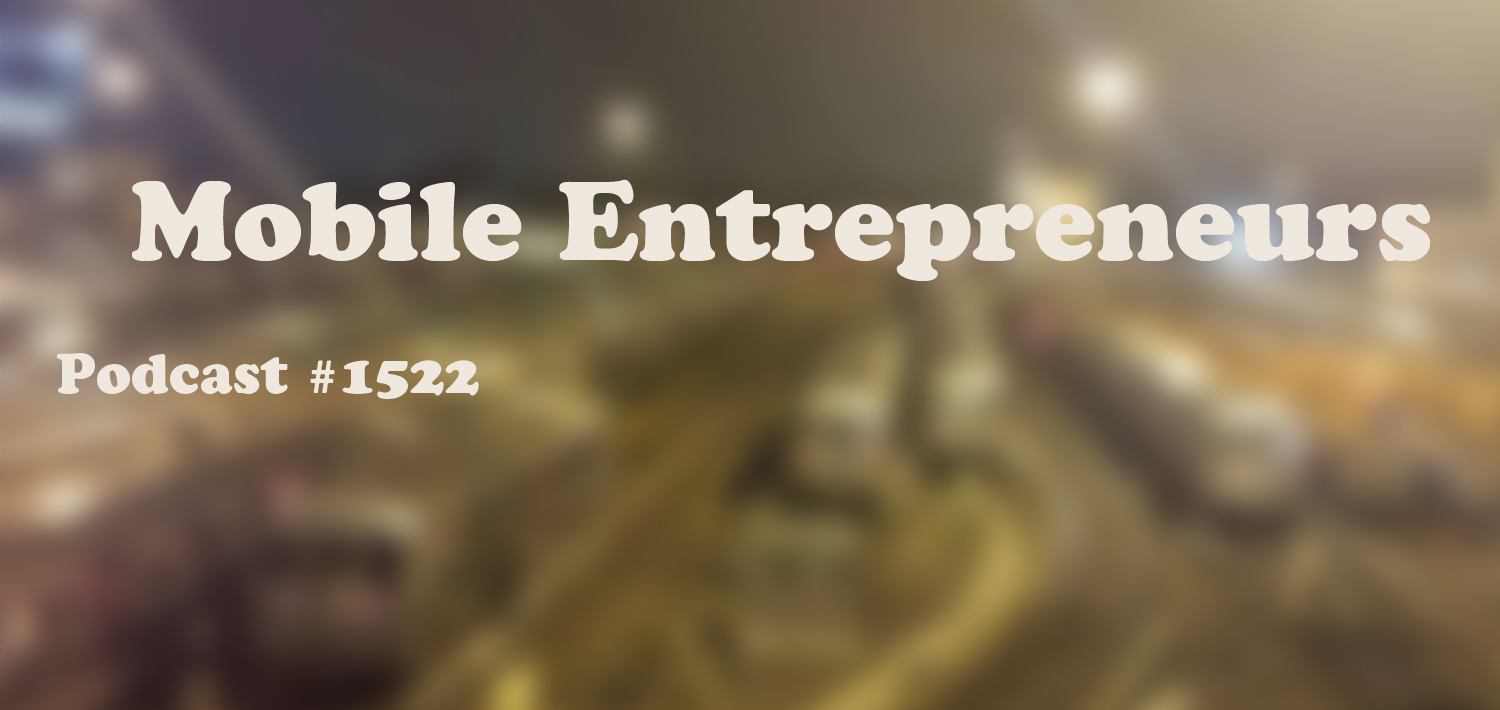
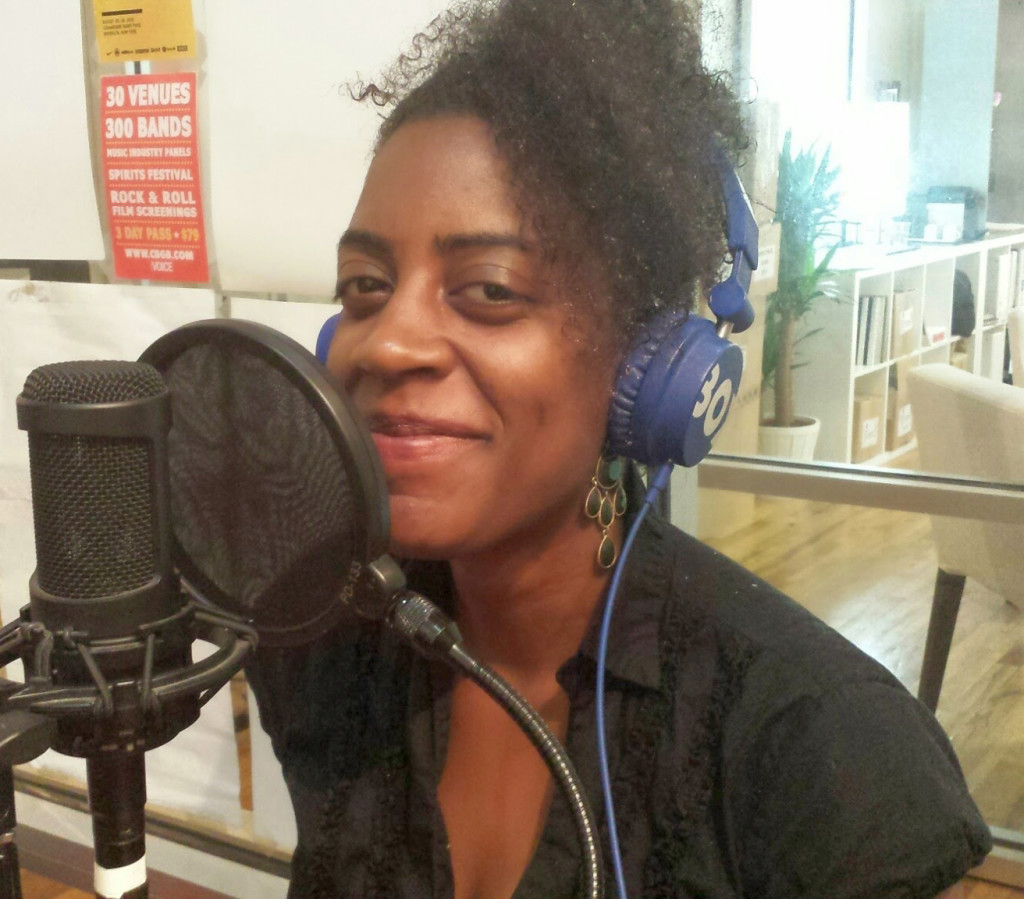 Portable entrepreneurship has become popular in the new “food truck” era, but mobile vending has been around for a very long time and taken on new forms. A box on wheels can contain businesses, libraries, gardens, roving studios and museum exhibits. My guest this week, Lauren Cannon, who runs the Institute for Mobile Research, gives us the background and current status of world of mobile vending. The popularity in movable businesses has risen with gourmet food trucks, but the term “mobile” is not just directed at carts and trucks, as new ideas are turning boxy wheeled vehicles into project spaces and community hubs. For more information go to upended.net
Portable entrepreneurship has become popular in the new “food truck” era, but mobile vending has been around for a very long time and taken on new forms. A box on wheels can contain businesses, libraries, gardens, roving studios and museum exhibits. My guest this week, Lauren Cannon, who runs the Institute for Mobile Research, gives us the background and current status of world of mobile vending. The popularity in movable businesses has risen with gourmet food trucks, but the term “mobile” is not just directed at carts and trucks, as new ideas are turning boxy wheeled vehicles into project spaces and community hubs. For more information go to upended.net